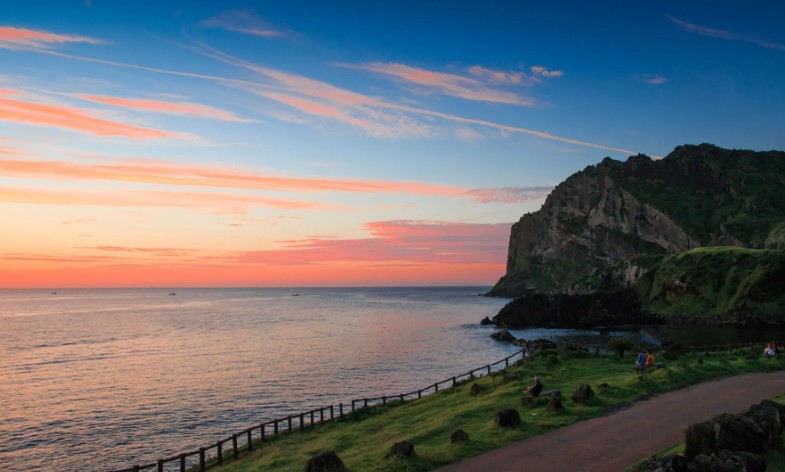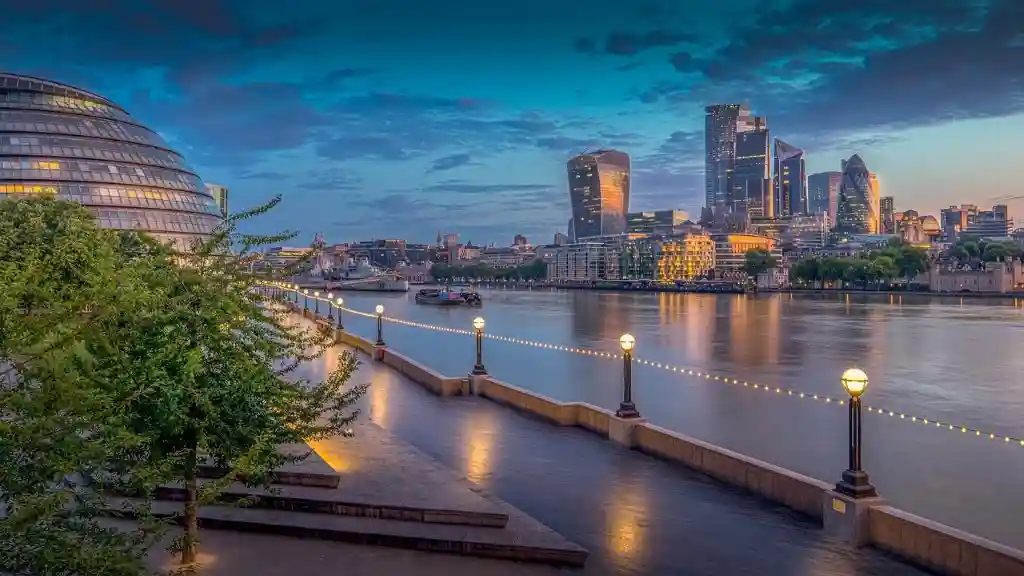South Korea’s Jeju Island is a haven of natural wonders, vibrant culture, and delectable cuisine. It has emerged as a popular destination for travelers seeking a unique and enchanting experience. In this guide, we will delve into the captivating attractions and experiences that make Jeju Island a must-visit destination.
Discovering Jeju Island
Jeju Island, known for its picturesque landscapes and volcanic terrain, is the largest island in South Korea. Its extraordinary geological features and rich cultural heritage have earned it the designation as a UNESCO World Heritage Site.
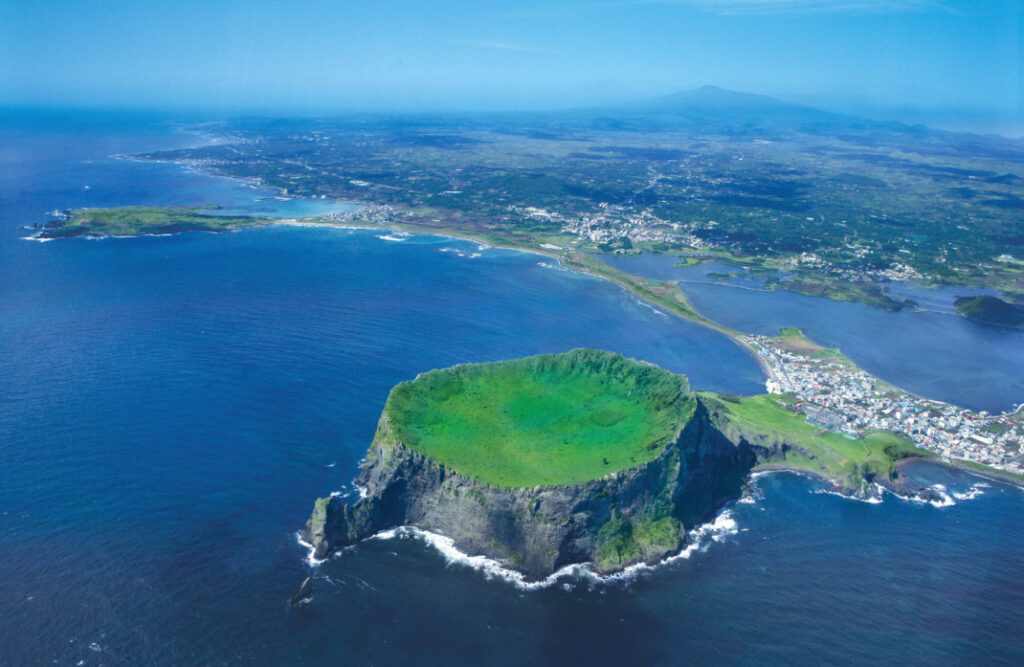
What is Jeju Island known for?
Jeju Island, also known as Jejudo, is renowned for its stunning natural beauty, including volcanic landscapes, majestic waterfalls, and pristine beaches. It is also famous for its vibrant culture and unique traditions.
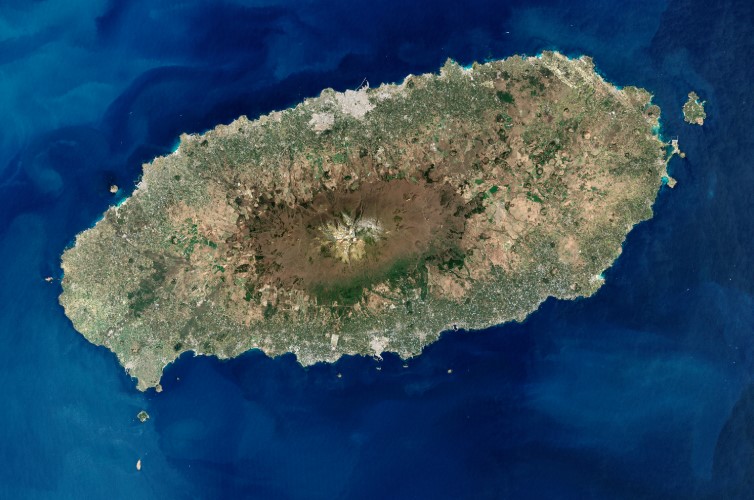
Where is Jeju Island located?
Located off the southern coast of the Korean Peninsula, Jeju Island is nestled in the Korea Strait, making it easily accessible from mainland Korea.
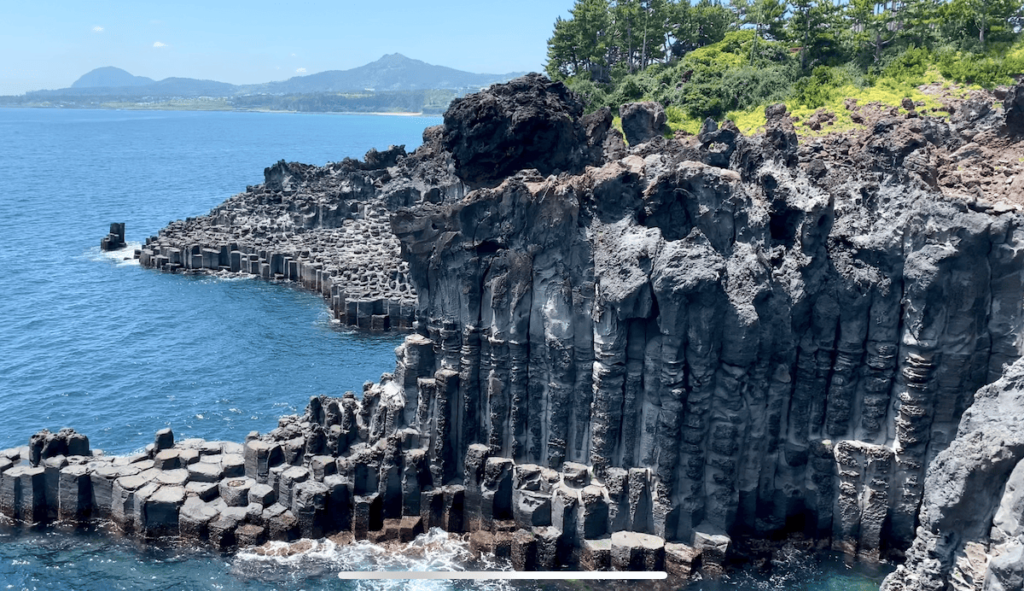
What makes Jeju Island a unique destination?
Jeju Island’s distinctiveness lies in its volcanic origins, as it was formed through volcanic activity millions of years ago. This has resulted in the creation of breathtaking natural attractions that draw visitors from around the world.
Exploring Jeju’s Natural Beauty
The island’s natural beauty is a testament to its volcanic past, characterized by awe-inspiring volcanic cones, lava tubes, and lush vegetation. One of the most prominent natural features is Hallasan, a colossal shield volcano and the highest mountain in South Korea.
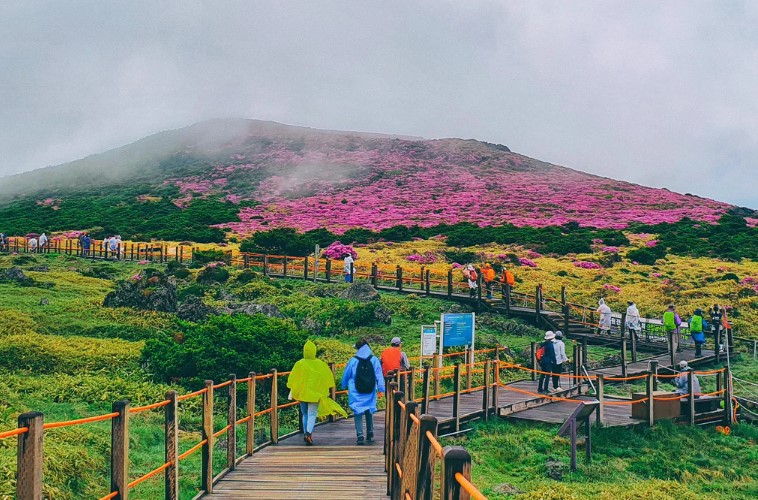
What are the top natural attractions in Jeju?
Jeju Island boasts an array of natural attractions, including the mesmerizing Seongsan Ilchulbong, a tuff cone formed by volcanic eruptions. Visitors can also explore the UNESCO-listed lava tube system and the breathtaking Seogwipo Waterfall.
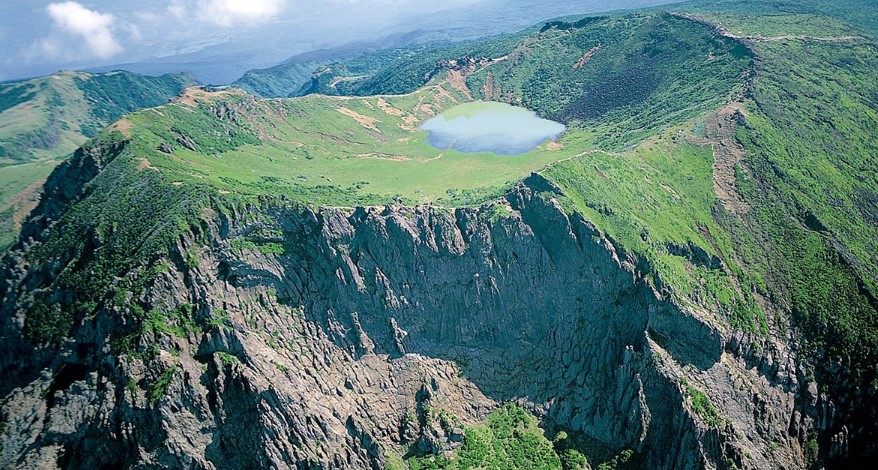
How was Jeju Island formed?
Jeju Island’s formation can be attributed to volcanic activity that occurred millions of years ago. The island’s volcanic origins have contributed to the creation of its distinctive landscapes, including the iconic tuff cones and oreum, small volcanic hills scattered across the island.
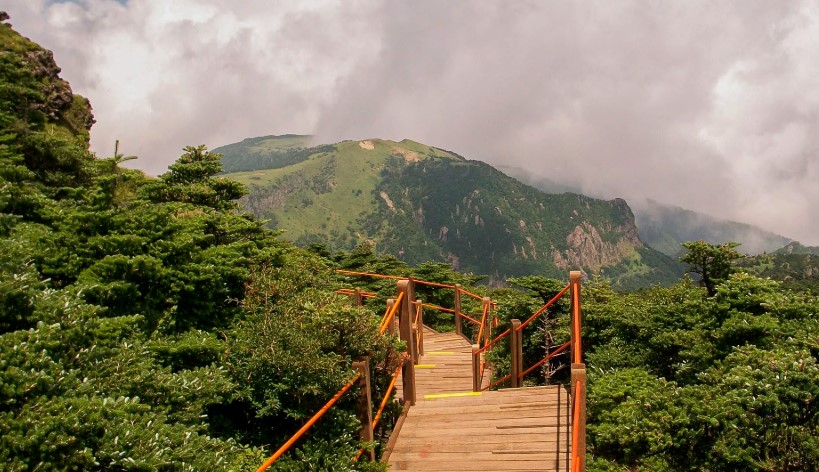
What is the significance of Hallasan, the volcanic peak of Jeju?
Hallasan holds great cultural and ecological significance for the people of Jeju. It is a symbol of the island’s natural beauty and is revered as a sacred site. The surrounding area is also home to diverse flora and fauna, adding to the allure of the volcanic peak.
Experience the Culture of Jeju
Immersing in Jeju’s culture offers a glimpse into the island’s unique traditions, iconic landmarks, and the enduring influence of volcanic activity on its architecture and lifestyle. The island’s cultural highlights include its distinctive architectural features, traditional festivals, and the remarkable haenyeo, or Jeju women divers.

What are the cultural highlights of Jeju Island?
Jeju Island’s cultural landscape is adorned with stunning examples of architecture influenced by its volcanic heritage. The use of lava stone in building construction is a prominent feature, showcasing the island’s ingenuity in utilizing natural resources.
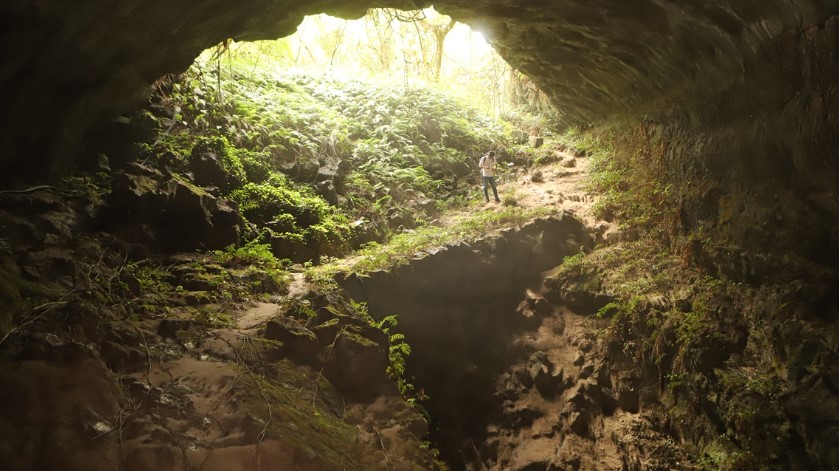
What is the influence of lava stone in Jeju’s architecture and culture?
Lava stone, derived from the island’s volcanic activity, has left an indelible mark on Jeju’s architecture and culture. It is used in the construction of traditional homes, walls, and even fortifications, adding a distinct character to the island’s built environment.

What are the unique traditions and festivals of Jeju such as the Jeongwol Daeboreum Fire Festival?
Jeju Island is renowned for its vibrant festivals and unique traditions, including the Jeongwol Daeboreum Fire Festival, held to celebrate the first full moon of the lunar new year. This captivating event features various cultural performances, traditional games, and the spectacular sight of numerous bonfires illuminating the night sky.
Indulge in Exquisite Cuisine
Jeju’s culinary scene is a delightful fusion of fresh, locally sourced ingredients and traditional recipes, showcasing the island’s rich culinary heritage. From succulent black pork to an array of seafood delicacies, there is no shortage of delectable offerings to savor on the island.
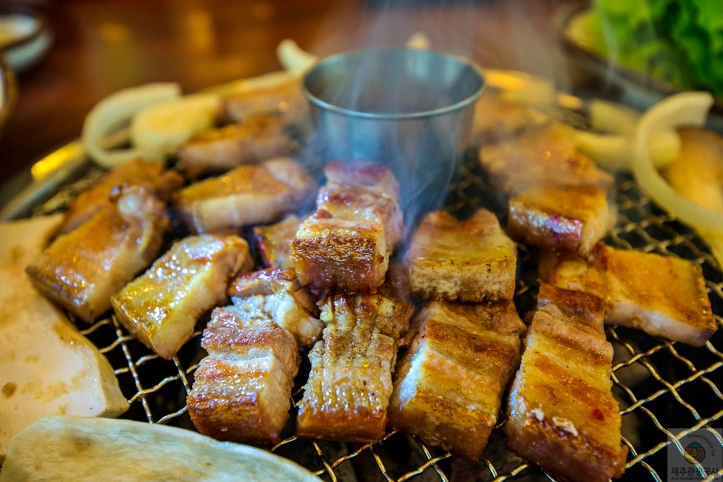
What are the must-try delicacies in Jeju, like the famous black pork?
One of the culinary delights that Jeju is renowned for is its succulent black pork, known for its tender texture and distinctive flavor. Visitors can also relish an assortment of fresh seafood dishes, including grilled fish and abalone porridge, reflecting the island’s coastal bounty.
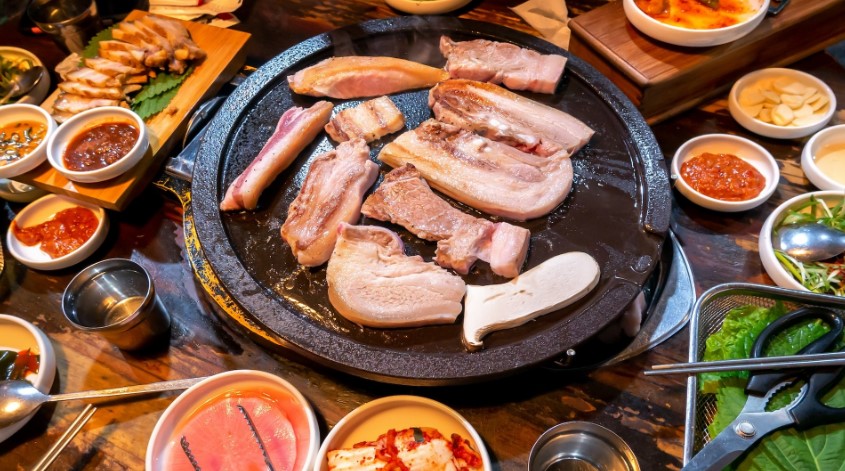
Where are the best places to savor traditional Jeju cuisine?
Visitors can embark on a culinary journey at local eateries, markets, and specialty restaurants scattered across Jeju Island. These establishments offer an authentic taste of traditional Jeju cuisine, providing a memorable dining experience influenced by the island’s natural resources and cultural heritage.
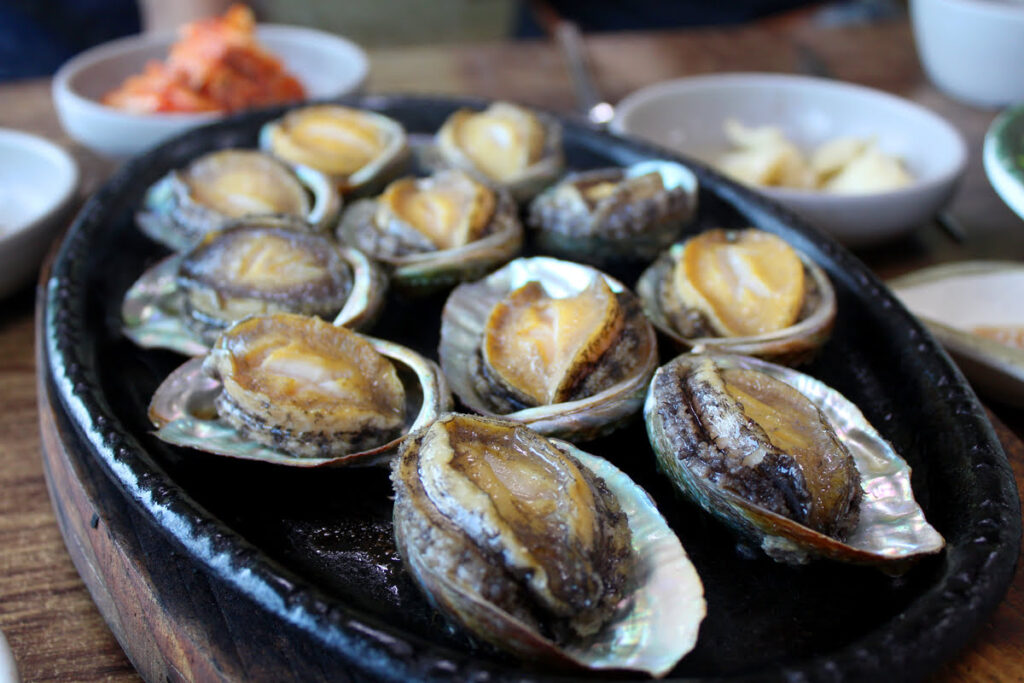
What role does the island’s natural resources play in Jeju’s culinary scene?
Jeju’s abundant natural resources, including fresh seafood, fertile soil, and volcanic spring water, significantly contribute to the island’s culinary landscape. Locally sourced ingredients form the basis of the island’s traditional dishes, ensuring a genuine and tantalizing gastronomic experience.
Planning Your Visit to Jeju Island
For travelers planning a visit to Jeju Island, it is essential to consider transportation options, the best times to visit, and suitable accommodation choices to ensure a memorable and seamless experience on the island.
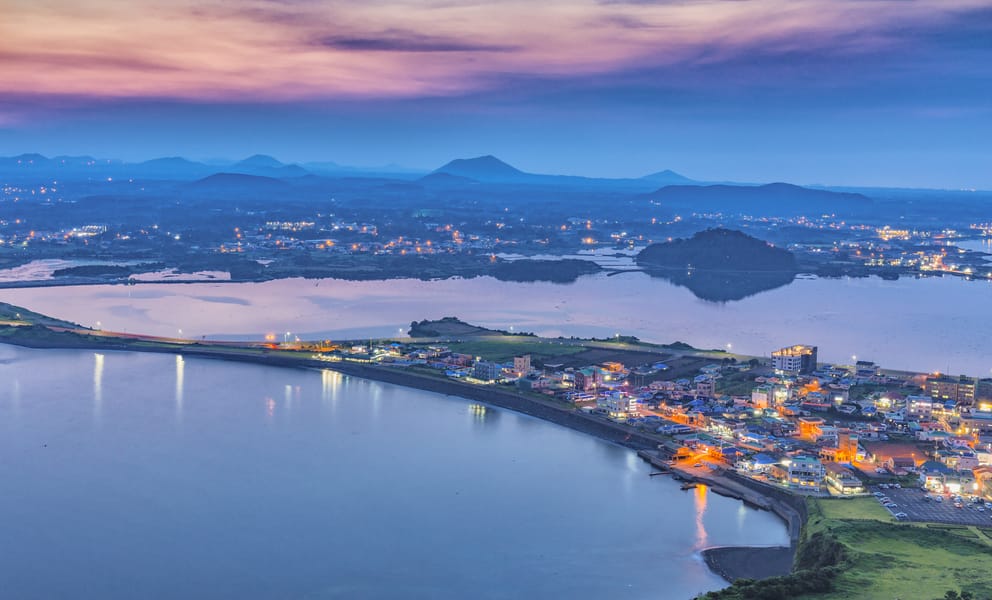
How to get to Jeju Island from Seoul or other parts of South Korea?
Travelers can reach Jeju Island from Seoul and other parts of South Korea via plane or ferry. Flights to Jeju are available from major cities, offering convenient access to the island. Additionally, ferries operate between the mainland and Jeju, providing an alternative mode of transportation for visitors.
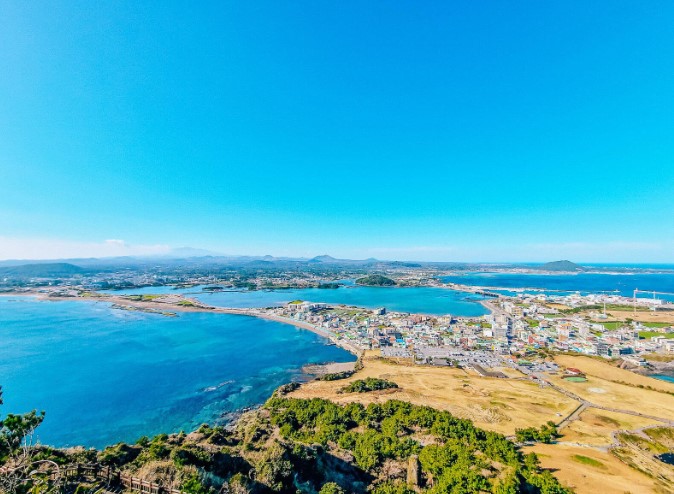
What are the best times to visit Jeju Island?
The best times to visit Jeju Island are during the spring and autumn seasons when the weather is mild and the island’s natural beauty is at its peak. These periods offer ideal conditions for outdoor activities, sightseeing, and exploring the island’s attractions.

What are the accommodation options and popular areas to stay in Jeju?
Jeju Island offers a range of accommodation options, including luxury resorts, boutique hotels, guesthouses, and traditional hanok-style lodgings. Popular areas to stay in Jeju include the vibrant Jeju City and the serene coastal town of Seogwipo, both of which provide easy access to the island’s major attractions and amenities.

